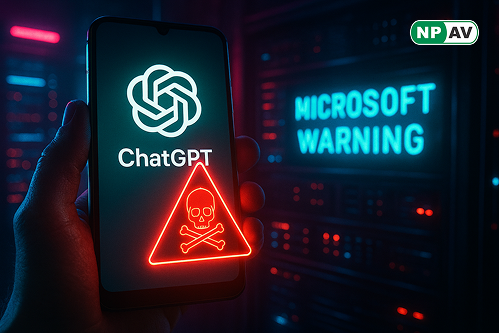Malware Alerts
-
Read moreDiscover how the new GodRAT malware, derived from the Gh0st RAT codebase, infiltrates financial institutions using malicious screensaver and program files. Learn about its evolution and impact on security.
-
Read moreMicrosoft warns of a counterfeit ChatGPT Desktop app delivering PipeMagic malware, a modular backdoor linked to ransomware. Learn how to protect yourself from this cyber threat.
-
Read moreDiscover how a Pakistan-based cybercrime network exploited pirated software to infect 1.88 million devices and steal $4.67 million in credentials. Learn about their tactics and operation details.
-
Read moreSocket’s Threat Research Team has uncovered over 60 malicious RubyGems packages that steal social media and marketing credentials. Learn how these infostealer tools operate.
-
Read moreDiscover how the state-sponsored threat actor CL-STA-0969 targeted Southeast Asian telecom networks, deploying covert malware for remote access. Learn about their tactics and tools.
-
Read moreDiscover how the Pakistan-linked APT36 group is targeting Indian railways and government systems using malicious PDF files. Learn about their sophisticated infection chains and phishing tactics.
-
Read moreToxicPanda, a sophisticated Android banking trojan, has infected over 4,500 devices in Europe, targeting banking apps to steal credentials. Learn about its techniques and impact.
-
Read moreA recent cyberattack on a US chemicals company exploited the SAP NetWeaver vulnerability CVE-2025-31324 to deploy Auto-Color malware. Learn about the attack details and key takeaways.
-
Read moreDiscover Shuyal, a newly identified stealer malware targeting 19 browsers, including Tor and Brave. Learn how it extracts sensitive data and poses a significant threat to your security.
-
Read moreA new malware campaign targets gamers by promoting fake indie games through YouTube and Discord, installing credential-stealing malware. Learn how this sophisticated attack operates and the variants involved.















